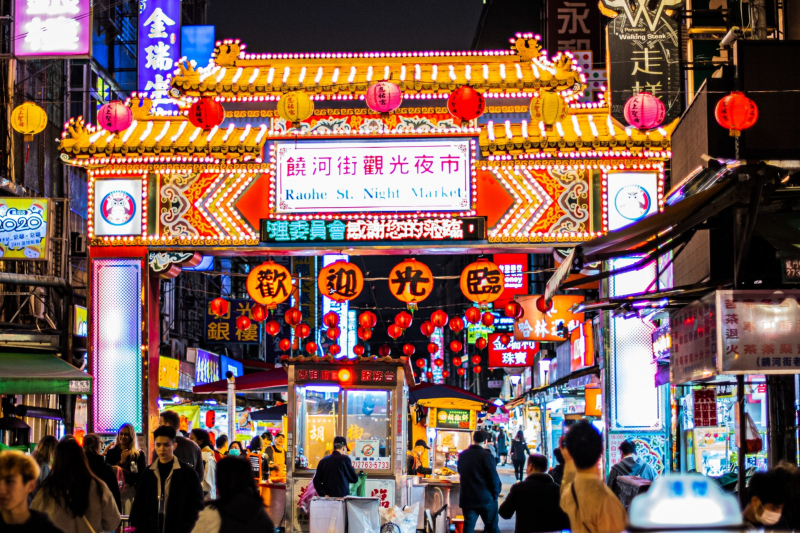Facing up to face
In Taiwan, as in many other Asian countries, the idea of "face," or the line that divides civility and public pride, is pervasive, but those who are naturally considerate and sensitive to others are unlikely to run into major issues. Many Taiwanese have traveled, studied, or worked abroad and have grown somewhat used to "Western" behavior. As a result, many Taiwanese, especially those living in cities, are quite tolerant of foreigners and frequently absolve them of the subtleties of Taiwanese face.
The best rule to follow is to refrain from acting in a way that would embarrass someone in front of you or others. It is rarely welcomed and almost always results in "loss of face" when one criticizes another person, especially in front of others. Losing one's temper in public and openly showing rage is a surefire way to ruin one's reputation, not just for oneself but also for those who were the targets of your outburst and occasionally even for others nearby.
Such outward expressions of emotion are not only likely to embarrass you much, but also frequently persuade people that you are uncivilized and unworthy of further assistance. Taiwanese people generally believe in the virtue of self-control when interacting with others, which is not to say that they never get furious.
Taiwanese frequently smile or giggle uncomfortably when they are embarrassed or sad, which can be perplexing or even irritating to a foreigner who is not used to it. Try to reply with a smile of your own after realizing that such smiles or laughing are actually gestures of apologies rather than amusement.












